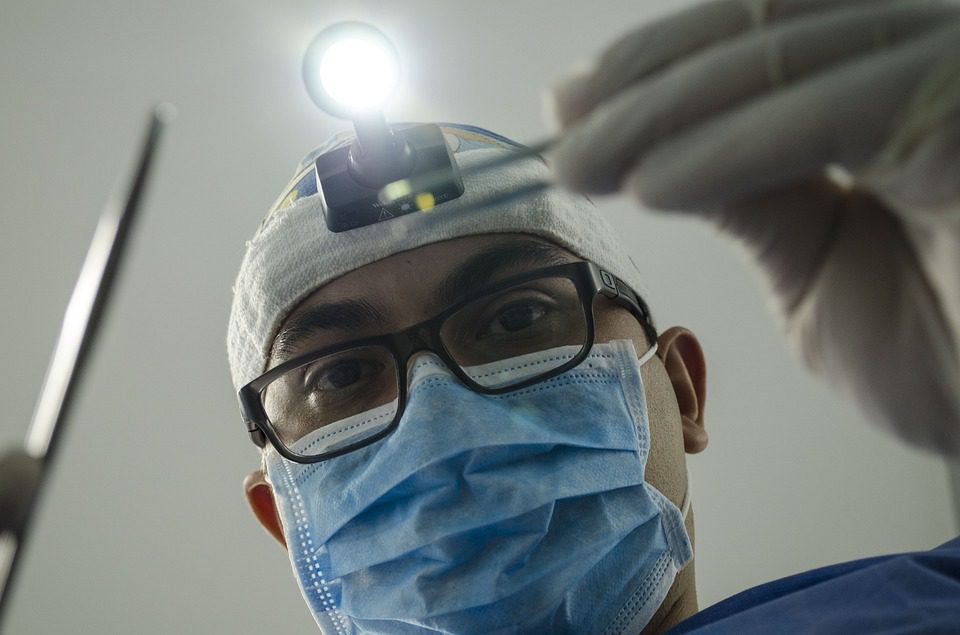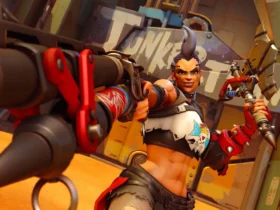An artificial intelligence (AI) teaching system can beat skilled human teachers in a remote context, according to a recent research.
Seventy medical students were recruited by the Neurosurgical Simulation and Artificial Intelligence Learning Centre at The Neuro at Montreal Neurological Institute-Hospital to undertake virtual brain tumor removals on a neurosurgical simulator. Students were randomly allocated to either an AI instructor or a remote expert teacher for training and feedback, with a third control group getting no instruction.
While a deep learning Intelligent Continuous Expertise Monitoring System (ICEMS) and a panel of experts assessed student performance, an AI-powered instructor named the Virtual Operative Assistant (VOA) used a machine-learning algorithm to teach safe and reliable surgical technique and provide personalized feedback. Remote instructors observed a live stream of the surgical scenarios and offered comments depending on the student’s performance in the other group.
Students who received VOA teaching and feedback acquired surgical skills 2.6 times quicker and performed 36 percent better than those who got training and feedback from distant instructors, according to the study. While researchers anticipated VOA students to feel more stress and negative emotion, they discovered no statistically substantial difference between the two groups.
Both during and after brain surgery, surgical competence plays a crucial influence in patient outcomes. VOA might be a useful tool for boosting neurosurgeon performance and patient safety while lowering the workload of human teachers.
While establishing an outstanding learning environment, the VOA substantially boosted expertise. Ongoing research is looking at how in-person teachers and AI-powered intelligent tutors might work together to increase neurosurgical skill development.
Intelligent teaching systems may make use of a number of simulation platforms to give almost limitless opportunities for repeated practice without the need for supervision. We may be better prepared for ever-changing future difficulties if we continue to investigate, create, and disseminate intelligent tutoring systems.












Leave a Reply